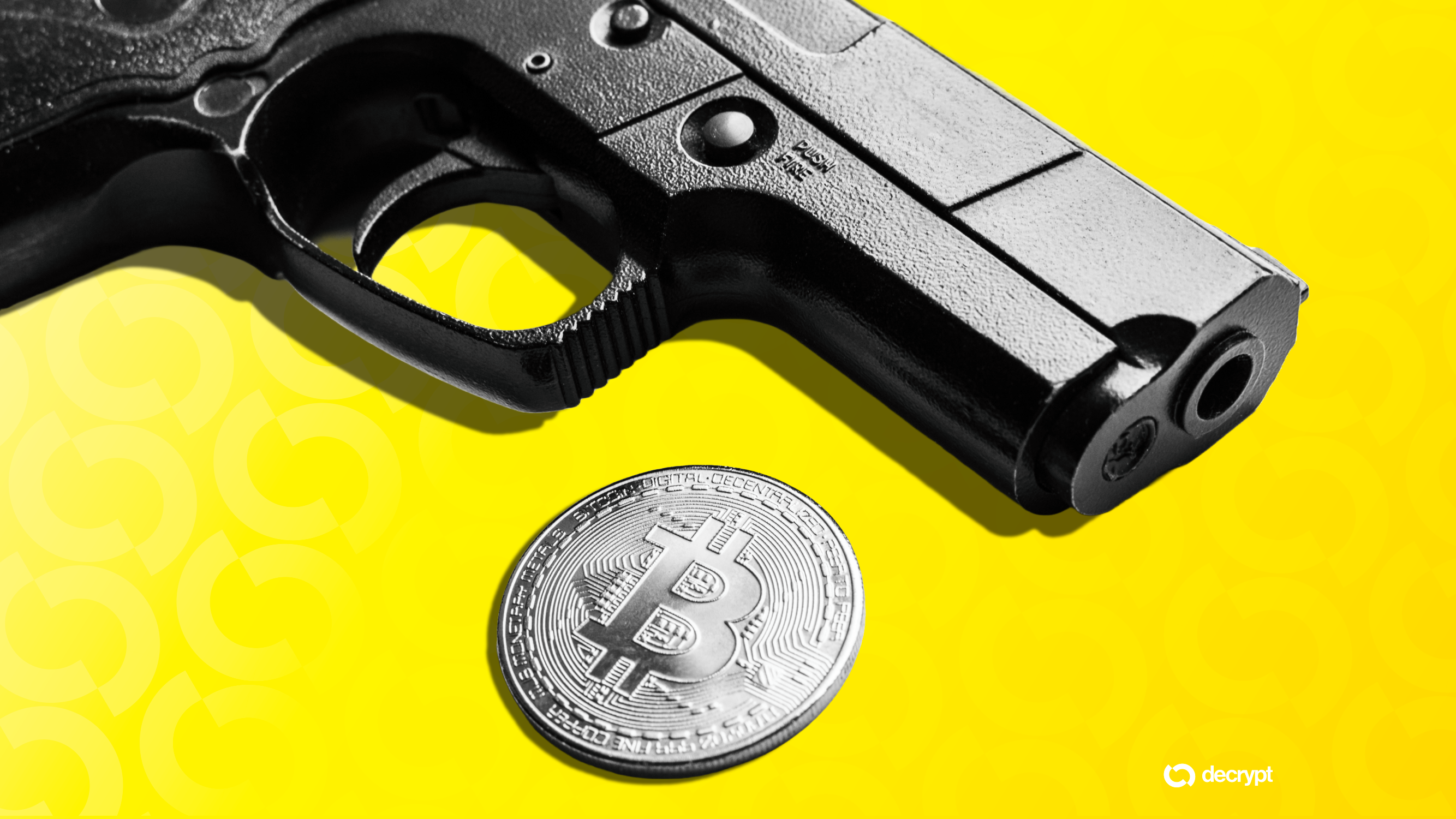Crypto Founder Held at Gunpoint in Uganda—Forced to Transfer $500K

Another day, another crypto horror story—this time with a literal gun to the founder’s head. Armed assailants in Uganda abducted a cryptocurrency entrepreneur, demanding a half-million-dollar ransom paid in real time. Guess due diligence doesn’t cover ’avoid kidnapping.’
The victim—identity still under wraps—reportedly complied under duress, wiring the funds while staring down the barrel. No word yet on whether the attackers demanded a transaction fee.
Security experts are calling it a grim reminder: even decentralized finance can’t decentralize violence. Meanwhile, traditional bankers are probably smugly adjusting their three-piece suits—because at least their heists come with FDIC insurance.
’Wrench attacks’ on the rise
Mitroplus Labs alleges that the attack is part of a coordinated pattern involving informants posing as crypto traders, rogue law enforcement officers, and two Chinese nationals.
The firm claimed that at least 48 similar attacks have been identified, with many cases being dismissed "at the influence of their ring."
Wrench attacks, thefts in which crypto holders are physically threatened, have proliferated in recent months.
Earlier this year, David Balland, co-founder of hardware wallet manufacturer Ledger, was kidnapped and mutilated as part of a ransom demand. In February, a crypto broker broke his ankles attempting to flee captors.
Just this month, the father of a crypto entrepreneur was freed in a police raid after kidnappers demanded almost $8 million for ransom in crypto.
The challenge with wrench attacks lies in how they are executed physically "to reveal private keys or authorize transactions under duress," Michael Pearl, vice president of strategy at blockchain security firm CyVers, told Decrypt.
Pearl suggests security methods such as multi-factor authentication could help make "forced transfers harder to execute without alerting others." Monitoring "unusual transaction patterns or access from new devices" could also help by "triggering alerts or temporary freezes to protect assets," he added.
Still, wrench attacks continue amid “widening income disparity and the skyrocketing value of crypto,” Harry Halpin, CEO of decentralized VPN service Nym, told Decrypt in an emailed statement.
And yet, governments are “demanding more transparency and identity data," which could easily get leaked to criminals trying to target crypto holders, Halpin noted.
Using VPNs (virtual private networks) is one of a number of techniques that crypto users could practice to maintain security, Halpin suggested.
Edited by Stacy Elliott.

